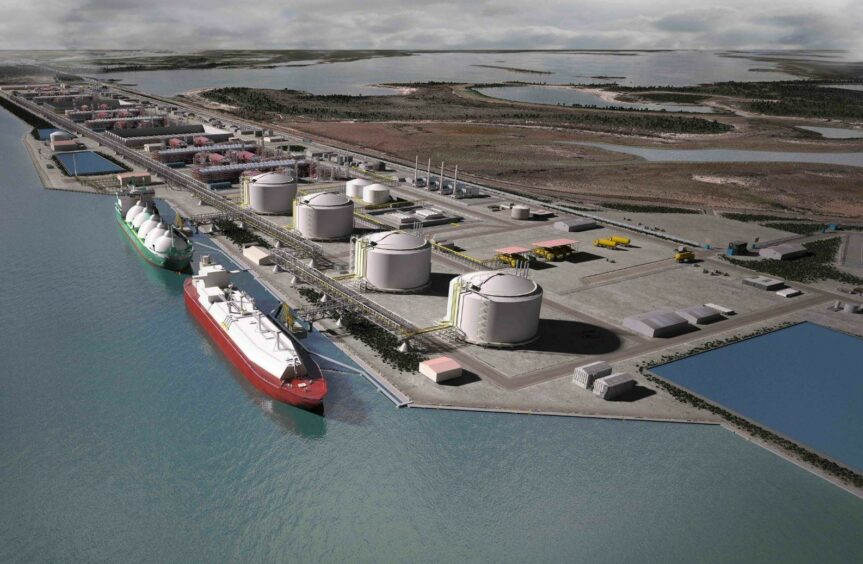
French utility Engie has agreed to buy liquefied natural gas from NextDecade Corp. after the US exporter committed to slash most of the emissions associated with a proposed terminal in Texas.
The pact marks a U-turn for the European powerhouse, which less than two years ago had scrapped plans to buy LNG from the same project. It comes at a time when European gas consumers aim to diversify their supplies and eliminate reliance on Russian fuels.
Under the pact, Engie will purchase an annual 1.75 million metric tons of the super-chilled fuel produced at the Rio Grande LNG export project for 15 years, NextDecade said Monday in a statement.
NextDecade shares gained 9.5% at 10:41 a.m. in New York.
Engie’s 2020 decision to drop the $7 billion deal with NextDecade came amid pressure from an environmental group and was a major pushback for the American gas industry. Suppliers have since stepped up efforts to reassure European consumers of their green credentials including by tracking and slashing emissions of methane, a powerful greenhouse gas.
What’s more, the transaction underscores how the US shipments of LNG have become crucial for Europe to reduce its reliance on Russian natural gas after Moscow’s invasion of Ukraine. In March, the U.S. committed to working with international partners to boost supplies of LNG to European countries to about 1.8 trillion cubic feet (50 billion cubic meters) annually by 2030.
Europe’s quandary — whether it can get enough gas amid a global push for energy security — is a multi-billion dollar question for the US gas industry seeking to justify new LNG export terminals and production.
NextDecade aims to reduce carbon emissions from the Rio Grande project by more than 90% via carbon capture and storage while relying on so-called responsibly sourced gas and the use of net-zero power to produce a lower carbon-intensive LNG. While carbon capture and storage is seen as a key emissions reduction technology, it has yet to be proven economically viable on a large scale.
Engie had also agreed to purchases some LNG from Cheniere Energy Inc., the largest U.S. exporter of natural gas, provided that the company discloses the carbon intensity of every cargo it sells and quantifies emissions starting from the wellhead.
NextDecade said it should make a positive final investment decision on a minimum of two trains of the Rio Grande LNG export project in the second half of 2022, pending the achievement of further LNG contracting and financing. The first train is expected to start commercial operations as early as 2026.
Recommended for you
